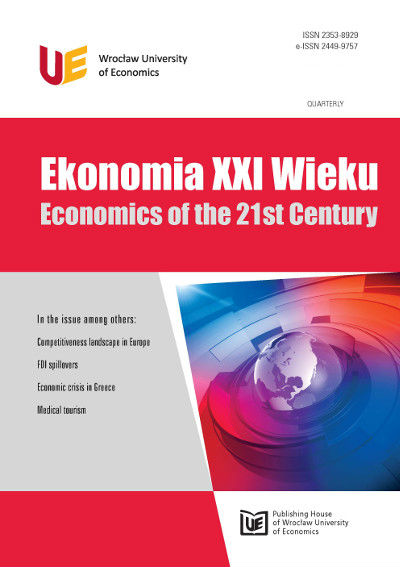Pomoc rozwojowa krajów BASIC
Development assistance of BASIC countries
Author(s): Wioletta NowakSubject(s): Economy
Published by: Wydawnictwo Uniwersytetu Ekonomicznego we Wrocławiu
Keywords: development assistance; development cooperation; emerging donors; developing countries; ODA
Summary/Abstract: Since the first decade of the twenty first century Brazil, China, India and South Africa (BASIC countries) have substantially increased their development assistance to developing countries. Now, they are called the main emerging (new) donors. BASIC countries are donors and recipient countries at the same time. They still receive a lot of assistance from developed countries and international organisations. At the same time they provide development assistance to the South. As new donors they both change the rules of providing aid established by traditional donors and reduce the possibility of their impact on the economic policies of developing countries. The aim of the article is the presentation of development aid policies of Brazil, China, India and South Africa. The level of aid is estimated on the reports which are available on the government websites of BASIC countries and data presented by different authors in the literature. However, because of the complexity of the emerging donors’aid system, the figures do not fully show the actual state. Among BASIC countries China is the biggest donor and South Africa offers the lowest amount of aid. India and Brazil provided similar amounts of development assistance to developing countries in the years 2007-2010. The investigation shows that Brazil, China, India nad South Africa instead of providing conditional aid prefer development cooperation. They break with the hierarchical donor-recipient relationship, declare solidarity with Southern countries and respect their national sovereignty and independence. Moreover, they show greater sensitivity to the needs of developing countries and share with them their own experiences in the field of socio-economic development. Their development aid/cooperation is set to obtain mutual benefits and creates conditions for further economic cooperation. For BASIC countries the development aid/cooperation is also an important tool of their foreign policy. They often use aid to achieve political, strategic and economic objectives. However, their aid seems to be more attractive to developing countries and has a greater impact on their economic growth than the development assistance offered by the traditional donors.
Journal: Ekonomia XXI Wieku
- Issue Year: 2015
- Issue No: 07
- Page Range: 46-64
- Page Count: 19

